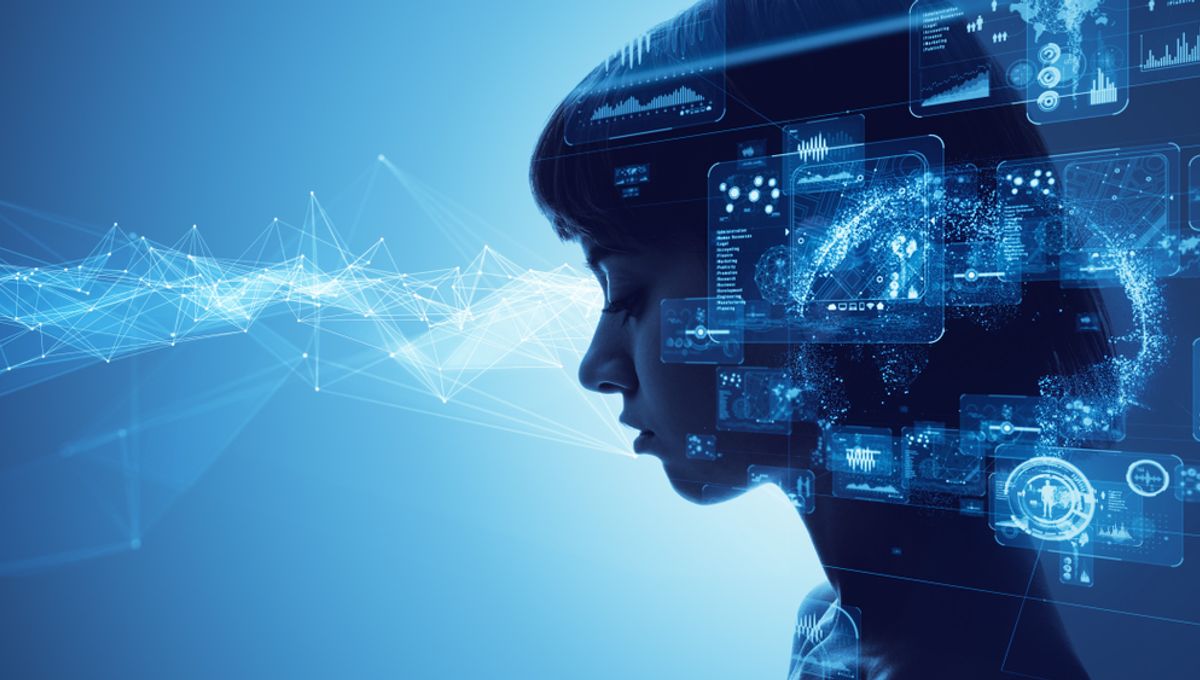
Computer scientist and futurist Ray Kurzweil has set some very specific timelines for when humanity will achieve immortality, and artificial intelligence (AI) will reach the singularity. The good news, if his predictions prove to be accurate, is that you just need to ride out the next seven years for your chance at living forever.
Kurzweil has a reasonable track record of making predictions about technology, correctly predicting in 1990 that a computer would beat human world chess champions by the year 2000, the rise of portable computers and smartphones, the shift to more wireless technology, and foreseeing the explosion of the Internet before that was obvious to everyone.
In 2010, he even reviewed his own predictions from 20 years prior to see how they were faring. In the piece, he claims that of the 147 predictions he made in 1990 about the years leading up to 2010, 115 proved to be “entirely correct” while another 12 were essentially correct, and only 3 were entirely wrong.
He of course gets things wrong, such as predicting self-driving cars would be in use by 2009.
So while claims of immortality are bold (and, let’s face it, probably wrong) they at least shouldn’t be dismissed out of hand. Kurzweil has been making bold predictions like this for some time, sticking remarkably close to the dates he set initially.
“2029 is the consistent date I have predicted for when an AI will pass a valid Turing test and therefore achieve human levels of intelligence,” Kurzweil told Futurism in 2017. “I have set the date 2045 for the ‘Singularity’ which is when we will multiply our effective intelligence a billion fold by merging with the intelligence we have created.”
In terms of immortality, Kurzweil believes that by the year 2030, we will be able to “advance human life expectancy” by “more than a year every year”. Part of this – itself progress towards the singularity 15 years later – will see nanobots flowing through our bloodstream, making repairs and linking our brain up to the cloud. When this happens, we will be able to send videos (or emails if you want to think about the more dull aspects of being a freaking cyborg) directly from our brains, as well as backing up our memories.
For Kurzweil, the singularity is not something to be feared, but something that will improve humans, eventually making us “godlike”.
“We’re going to be funnier. We’re going to be sexier. We’re going to be better at expressing loving sentiment,” he said in 2015.
“If I want to access 10,000 computers for two seconds I can do that wirelessly,” he explained, “and [my computational power] multiplies itself in the cloud ten thousand fold. That’s what we’re gonna do with our neocortex.”
“So I’m walking along and I see Larry Page coming, and I better think of something clever to say but 300 million modules in my neocortex isn’t gonna cut it. I need a billion for two seconds. I’ll be able access that in the cloud, just like I can multiply the intelligence of my smartphone thousands-fold today.”
Nanobots have been used to deliver drug payloads into brain tumors, but without significant advances over the next few years it’s difficult to see how we could reach that point within seven years. Brain-computer interfaces have advanced significantly, with paralyzed patients able to spell out sentences using their mind and monkeys able to (finally) play Pong.
However, we are a long way from the future as described by Kurzweil, with human-AI interactions largely taking place the old-fashioned way. Only time will tell if he is correct. Fortunately, according to his predictions, time is something we will have plenty of.
An earlier version of this article was published in March 2023.
Source Link: Futurist Predicts Human Immortality Will Be Achievable By 2030